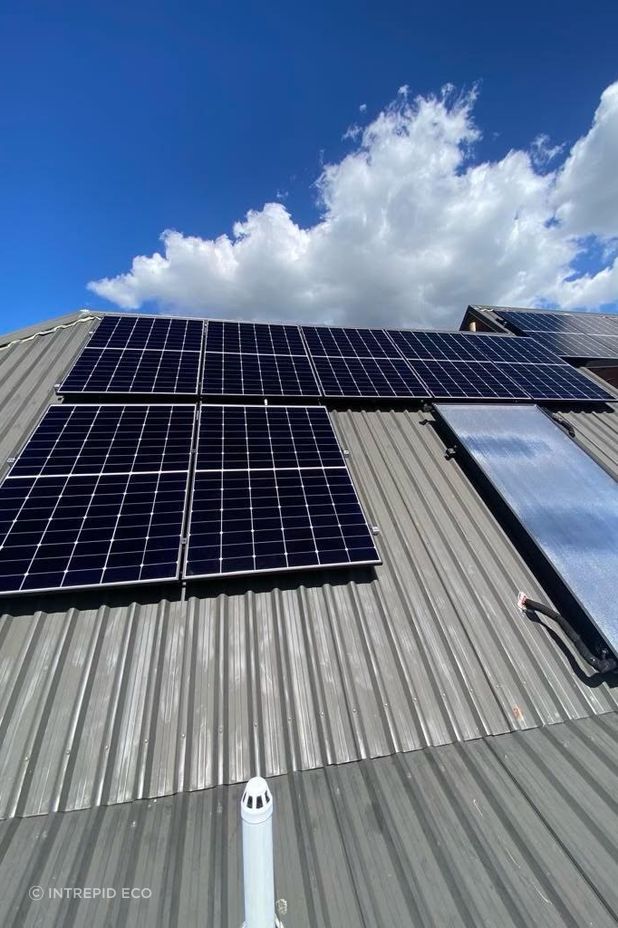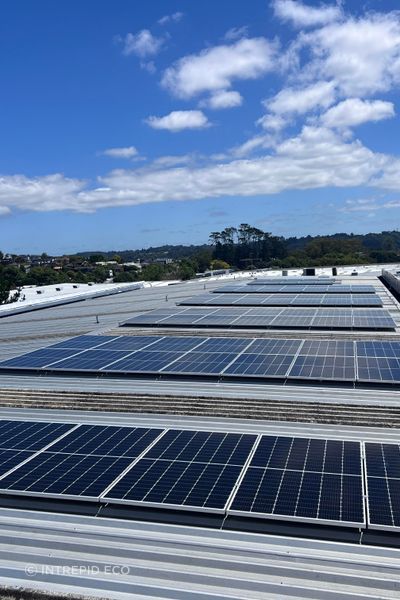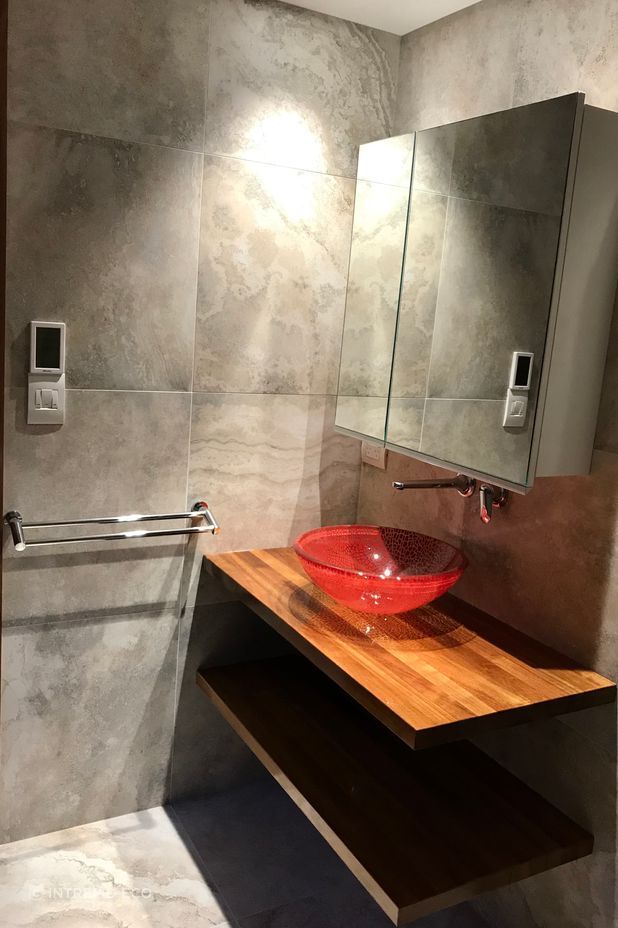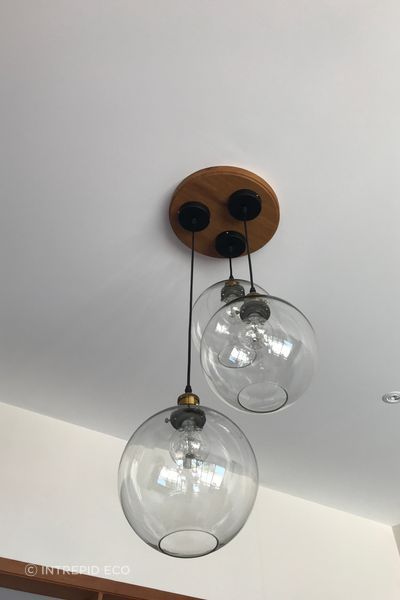The importance of sustainable energy in design
Written by
31 March 2024
•
4 min read

To delve deeper into this transformative process, ArchiPro sat down with Intrepid, an Auckland-based sustainable solutions company, for industry insights on the significance, challenges and promising advancements in sustainable energy.
"Sustainable energy signifies a global trend to reach our ultimate goal of carbon neutrality," says David Weisse, Project Coordinator at Intrepid.
Intrepid offers a range of quality sustainable solutions, from solar power installations to the latest EV charging stations and intelligent energy management for residential and commercial projects.


The challenges in sustainability
As companies worldwide strive to reduce their carbon footprint and embrace renewable alternatives, sustainable energy emerges as the ideal solution, offering environmental benefits and empowering individuals to take control of their energy consumption.
"Solar energy is a step in the right direction,” says Weisse. “Not only does the residence or building become instantly more sustainable, but one also takes control of their power usage, paving the way for a better tomorrow."
Transitioning from traditional energy sources to sustainable alternatives is not without its challenges. Intrepid identifies two primary hurdles: the lack of existing infrastructure and the need for more government backing and incentives.
"Traditional energy sources have a huge carbon footprint," says Weisse. "Some argue that we should continue until resources are depleted, but this approach is unsustainable in the long run."
Weisse continues, “The good news is that green products, such as solar energy, have become significantly more affordable for the everyday household. As more people adopt solar energy, it eases the strain on the grid, meaning power sources are required less and less.”
Moreover, government policies play a crucial role in incentivising the shift towards renewable energy. "For us to truly consider going carbon neutral by 2050, we need supportive government policies," says Weisse.
Electricity is one of those things that isn't tangible, so it’s hard to comprehend. Our communities and businesses need to witness the benefits firsthand to embrace sustainable energy completely.
Notable impacts
Despite these challenges, success stories are encouraging the sustainable energy movement. Showcasing the transformative power of sustainable energy, Weisse recounts a recent Intrepid project in which an off-grid system (comprising 18 solar panels, an inverter, and three batteries) provided resilience in the face of recent natural disasters in New Zealand.
"When Hurricane Gabrielle hit, our client had lights on, hot water, and even music thanks to our off-grid system installation, while neighbours were left in the dark for days," recalls Weisse. "Renewable energy offers reliability and control, a stark contrast to traditional grid dependence."
Price and lack of incentives pose significant barriers to widespread adoption, highlighting the importance of government support and community initiatives.
"Consumers need real incentives to embrace renewable energy," says Weisse. “Once they do, consumers will discover renewable energy is cleaner, saves money, is certainly more reliable, and you can take full control of your usage.”


Making the switch to sustainable energy
Looking ahead, Weisse is optimistic about advancements in equipment quality and system intelligence. "Some solar panel warranties cover you for 15-25 years, and smart system capabilities are revolutionising the renewable energy landscape," says Weisse.
Engaging communities and showcasing tangible benefits are pivotal in fostering the transition to renewable energy. "Electricity is one of those things that isn't tangible, so it’s hard to comprehend. Our communities and businesses need to witness the benefits firsthand to embrace sustainable energy completely," Weisse adds.
Businesses can leverage renewable energy to reduce its carbon footprint and significantly reduce operational costs. Weisse illustrates this with a commercial case study, where a solar installation slashed operational costs by tens of thousands annually.
“We recently worked on a large commercial site here in Auckland. The company’s average monthly power bill was a whopping $3800-$4000, so about $45,600 per annum,” says Weisse.
“We designed and planned a solar installation to reduce summer power bills to $600 and winter bills to $1000-1200. So, if you average that out, that’s an annual saving of approximately $31,000.”
The shift towards sustainable energy is necessary in the quest for a greener, more sustainable future. Through collective action, innovation and supportive policies, New Zealanders can harness the power of renewable energy to build a world that thrives on clean, sustainable power. As Weisse aptly puts it, "The time for change is now, and sustainable energy is our beacon of hope in an increasingly uncertain world."
Discover the impact of sustainable energy on your household or next project by contacting Intrepid on ArchiPro today.
